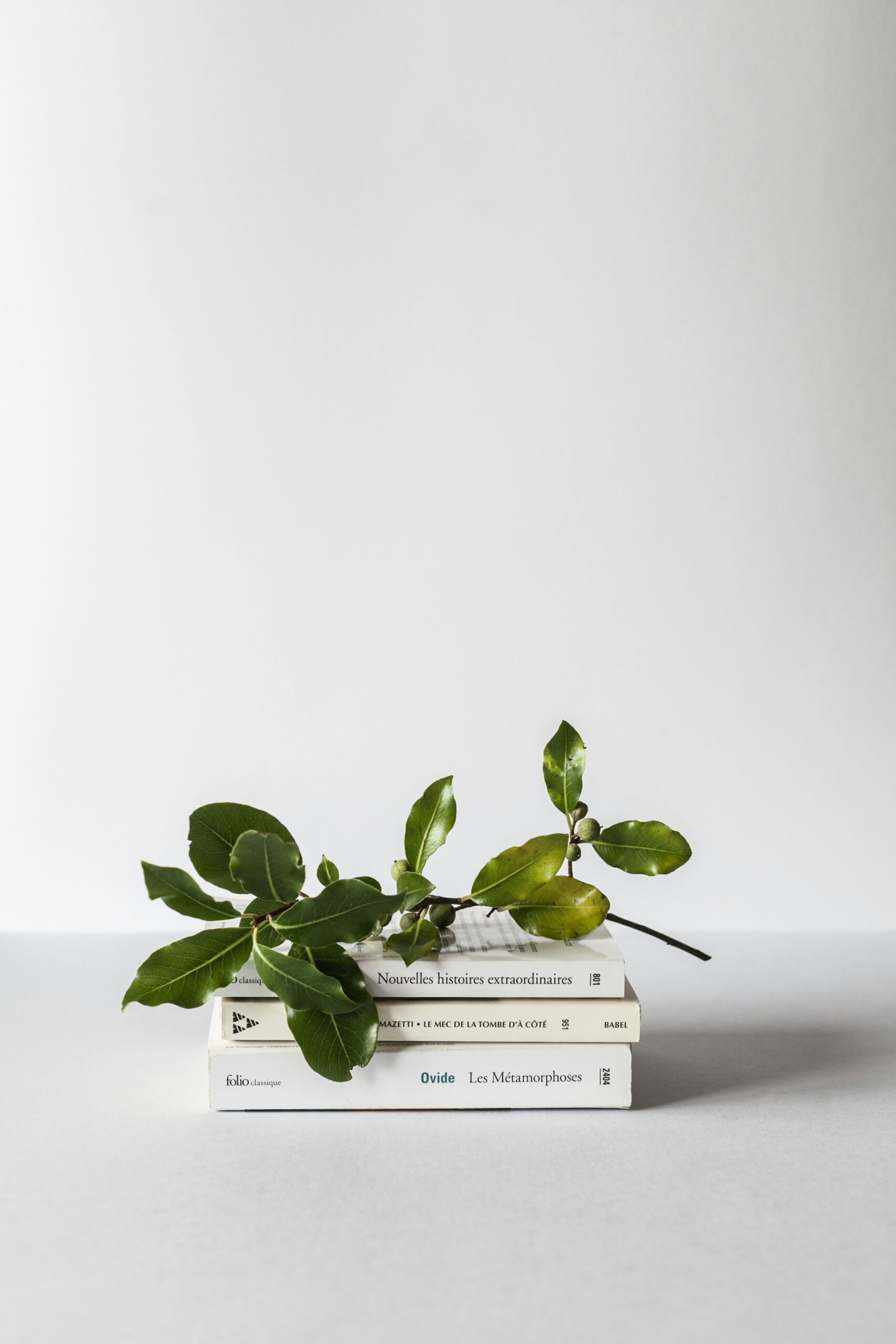Teacher’s Voice
The story of Ho-lap Sam, lifelong learner

When colleague Selina Sam told me about her grandfather, I was deeply moved by Ho-lap Sam’s challenges since graduating in 1930 from Saigon’s Chinese high school in Vietnam, at the age of fifteen.
Despite adversities, Ho-lap found something new to learn every day by turning obstacles into opportunities and solutions.
Born in Saigon as the youngest of four children, Ho-lap always wanted to see the world beyond Vietnam.
Brothers Ho-king and Ho-ly were editors of a Chinese newspaper press. Although happy to give Ho-lap an apprenticeship in printing, they weren’t looking for an editor-in-training.
Meanwhile, sixteen-year-old sister Sai-sai was marrying Kwok-wing Lee, a businessman in Canton, China. A year before, twenty-one-year-old Kwok-wing had fallen in love with Sai-sai while visiting the Sam family as Ho-king’s pen pal.
One hot day in July 1930, Sai-sai boarded the train for Canton, escorted by Ho-lap and four girl cousins. “Ho-lap, when we arrive in China, my husband’s taking you on as an apprentice in international trade. There’re lots of opportunities in his family business.”
Excited and grateful, Ho-lap promised Sai-sai he’d learn everything he could from Kwok-wing.
In Canton, the Lee family had three girls and seven boys. Today, Kwok-wing, the oldest was welcoming his bride from Saigon. The sixth and seventh boys, Kwok-sun and Kwok-man, were sixteen and fifteen, the same ages as Sai-sai and Ho-lap.
When Ho-lap asked the boys about their schools, they both snapped, “We don’t like school!”
Trying to be friendly, Ho-lap said, “I’ve just finished high school. I’ll be an apprentice in your family business.”
“Oh no you won’t!”, sneered Kwok-sun. Brandishing a menacing handgun, Kwok-man smirked, “An apprentice in our family? You’re not one of us. Get out of here – tonight!”
Horrified by such hostility and violence, Ho-lap split right after dinner, leaving an apologetic letter for Sai-sai who had meant so well. The night train took him seventy-six miles south to British Hong Kong, where he looked for work the next day. Walking into a financial service with an “Actuary Wanted” sign, he impressed everyone with impeccable Chinese and perfect calculations on the abacus*.
“How old are you, son?”, asked new employer Mr. Seto, a fatherly gentleman in his forties.
“I’m fifteen, a fast learner, hard worker, and reliable apprentice. Thank you for giving me this opportunity.”
Once settled, Ho-lap wanted desperately to connect with Sai-sai, but civil wars had broken out in China and postal services were erratic. Fortunately, all his letters bearing good news to Saigon arrived. By 1934, he was a senior actuary for Mr. Seto who was exceedingly kind to him. And, at nineteen, he was marrying eighteen-year-old May-yee Wong, a primary school teacher he’d met in evening English class.
Then Japan invaded China from the northeast. Late 1938, with Canton less than eighty miles away falling to the Japanese, May-yee and Ho-lap knew Britain’s delay tactics could only postpone the same fate for Hong Kong. They’d need to flee soon, with infant son Ga-sing, to neutral Macao fifty miles west, at least for a while. “We’ll learn Portuguese and adapt,” came their pact.
Tearfully leaving Mr. Seto, they sailed to Macao early 1940 with two-year-old Ga-sing. “I’ll learn everything necessary to succeed in the new land”, Ho-lap and May-yee promised each other.
Macao did offer safety and prospects despite war atrocities outside. Ho-lap worked as a hotel’s accountant, and May-yee taught primary school while Ga-sing attended playschool. They gladly accepted employee housing at the hotel, studied Portuguese, and soon found themselves conversing in local Macanese. They also picked up smatterings of international languages from other refuge-seekers whose homelands were under siege.
Between the war years and 1960, Ho-lap became a financial specialist in Macao’s hotel industry while May-yee taught high school. They also heard through the grapevine that now widowed, Sai-sai had moved to Hong Kong with her sons.
When Ho-lap looked for his sister and nephews, he found Sai-sai living alone. “My boys Joseph and Nelson went to Montréal for their education in 1952. They live in Canada now.”
Ho-lap then learned a bit more about Sai-sai’s life during the war: “It was a totally crazy time. When Kwok-wing died of dysentery in 1938, the boys were seven and six. Then everyone scrammed, leaving me behind to rescue envelopes of certified stocks and bonds.”
“Soon, when Japanese tanks were within earshot, we ran. Once outside city limits, we were displaced persons, but helped by the Red Cross. We were also supported by Christian churches, Buddhist temples, anti-war volunteers, and even Chinese soldiers, practically until the end of …”, Sai-sai trailed off.
Ho-lap broke the silence: “Thank goodness for your resilience, and your good judgment to safeguard the funds. We left Hong Kong for Macao in 1940. Our boy, Ga-sing’s twenty-two now. He works for the post office but wants to study abroad. We also have a girl, Ga-ling who’s finishing Grade twelve.”
“Your kids should study in Canada. My boys can help with the process. This time I won’t let you down”, Sai-sai promised her brother.
Before long, Ga-sing and Ga-ling came to Canada to build their future. Then, nearing retirement, Ho-lap and May-yee were invited by them to visit Toronto and Montréal, especially when Ga-sing announced the birth of Selina, his first child in 1968.
When Selina told me her grandfather’s story in 2004, he was eighty-nine years old and still learning French in Montréal from Ga-ling’s husband, Jean-Pierre, a documentarian who’d made a film about his beau-père. “Haven’t I come full circle since leaving French behind in Vietnam, seventy-four years ago?”, Ho-lap chortled.
When Ho-lap passed away in 2006, May-yee helped their grandchildren remember him with her own stories, photographs, letters, old documents, and the film from Jean-Pierre. “Grandfather lived a long and full life blessed with love and adventures. He was always discovering something new. Every single day, he would see problems as learning opportunities. He just loved to learn. That’s how we should remember him.”
Abacus* = forerunner of electronic calculators, a hand-operated tool with beads used for calculations.
by Mina Wong





